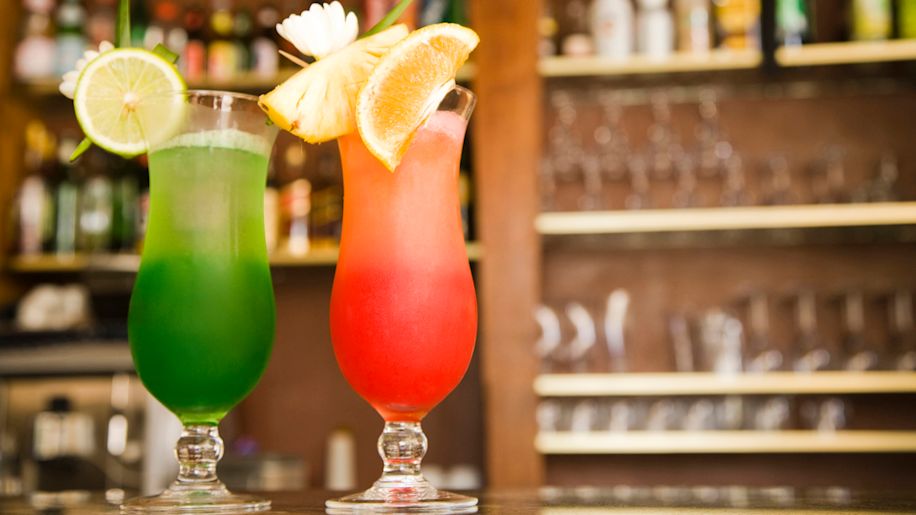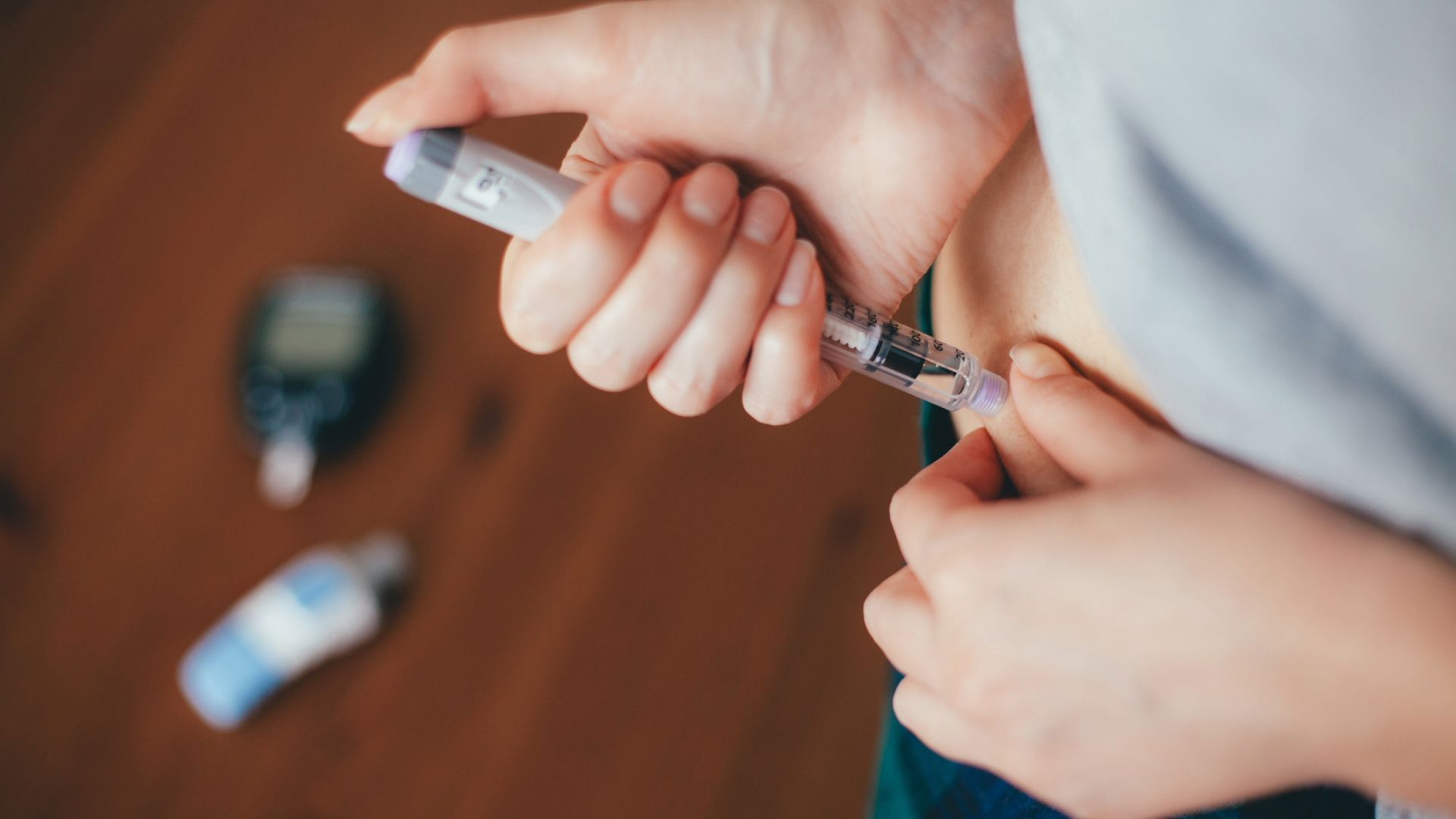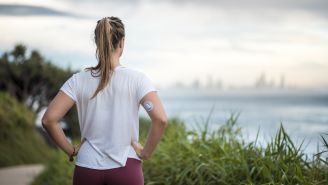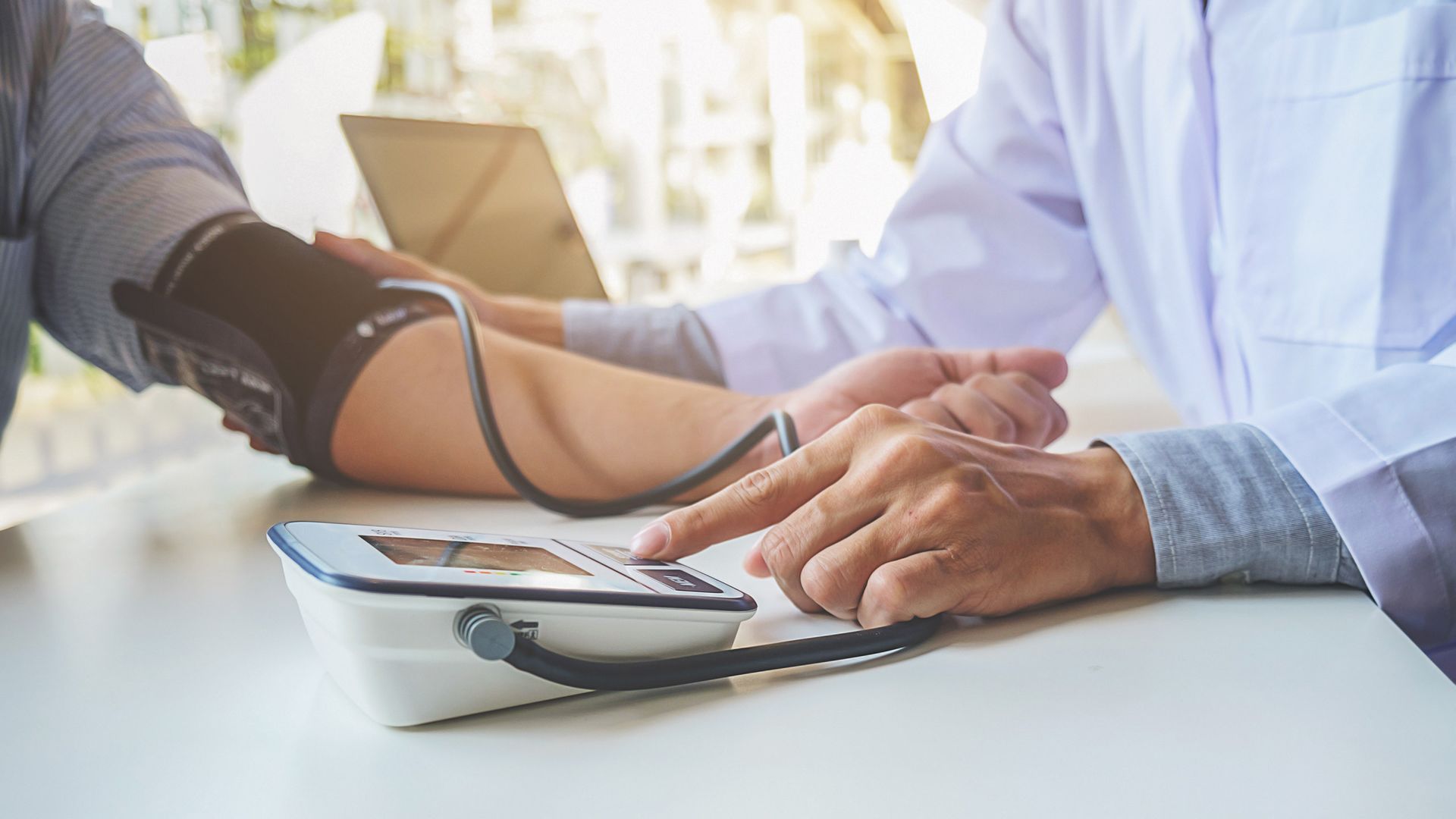Dining out with type 2 diabetes: 7 mistakes to avoid
Restaurant meals can be difficult to navigate when you're working to control your blood sugar. These strategies can help.
Updated on October 16, 2025

Restaurant meals can be difficult to navigate when you're working to control your blood sugar. Making healthy choices isn't always easy. "Things you think are healthy may be deceiving. Salad sounds like a great choice, but the dressing can add 300 to 400 calories, not to mention the sodium and fat," says Janice Baker, a registered dietitian/nutritionist and diabetes educator in San Diego.
But there's no need to avoid dining out, Baker adds. Finding diabetes-friendly options is becoming easier, even in many fast-food restaurants, especially if you plan ahead, read menus carefully, and aren’t afraid to ask for healthy substitutes. Here are more tips to keep you on track.

Mistake #1: Eating fried foods
Fried foods are often high in sodium, calories, and saturated fat. Eating them can affect your blood sugar levels and increase your risk for obesity and heart problems, two issues common to people with type 2 diabetes. Try these tips for limiting or avoiding fried foods when you’re dining out:
- When ordering beef, chicken, pork, or fish, ask to have it baked, steamed, broiled, or grilled.
- If French fries come with your meal, ask for a substitute or a double order of veggies instead.
- At breakfast, swap hash browns for a fruit cup.
Also, be aware that meat in many Asian-style dishes is typically fried before it's mixed into a combination dish, and sauces tend to be high in fat and sodium. If you’re ordering from a Chinese or Thai restaurant, for example, choose a stir-fry dish with vegetables as the star. Be sure meat is grilled and choose brown rice. If a dish surprises you by arriving breaded and fried, peel off the outside coating and set it aside.

Mistake #2: Using high-fat condiments
While they can add flavor to your meals, certain sauces, glazes, and dressings contain a high amount of saturated fat. Creamy, oily, mayonnaise-based spreads and condiments are good examples. Tuna and chicken salad may seem healthy, for instance, but they’re high in saturated fat from mayo and oil.
When choosing salad dressings, skip creamy choices such as ranch, Thousand Island, and blue cheese in favor of honey mustard or a light, olive oil-based vinaigrette. Ask for dressing on the side, then dress your salad sparingly, tossing in a little at a time. Or, leave your salad undressed and dip your fork in the dressing before each bite.

Mistake #3: Filling up on chips or bread
A plate of rolls or garlic bread can be tricky for people with type 2 diabetes, especially if it's made with white flour. White flour has had most of the germ and fiber removed from the wheat, meaning it raises your blood sugar significantly faster than whole-wheat flour. Chips served before a meal are another potential problem, since they’re typically made with white and corn flour.
What to do? If it’s difficult to eat just a few chips or a small piece of bread, ask the server to remove it from the table, says Baker. "That's when we're at our hungriest, when we first sit down, and it can be really tempting."

Mistake #4: Eating the entire serving
Portion control is key to good blood sugar control. But it can be tough to eat in moderation when all that good food is sitting right in front of you. So, start by planning your meal, says Baker. Evaluate how hungry you are, and when your food arrives note the amount on the plate. If it's more than you should eat at one sitting, move some of the food off to one side to take home. If you're tempted to eat more than you've portioned off, let yourself savor one more bite—then box up the rest.
It can also help to order an appetizer and side salad instead an entrée or share an entrée with a friend.

Mistake #5: Eating too many simple carbs
Dishes rich in simple carbohydrates such as pasta and white rice are not diabetes friendly. They’re digested easily and are high on the glycemic index, which means they convert to sugar very quickly in your body. But there's a reason that restaurants often go heavy on simple carbs—they’re satisfying, popular, and more cost-effective to make than meat-based dishes.
To avoid ingesting too many simple carbs, ask about substitutes:
- Instead of a baked potato, order a double serving of vegetables.
- If you really love pasta, ask if whole-wheat pasta is available, and order it as a side for lean meat or fish.
- Likewise, choose brown instead of white rice. For certain foods, such as a poke or burrito bowl, consider substituting half or all your rice with leafy greens.
If you must have a baked potato, top it with salsa or a little salt and pepper. Avoid butter, sour cream, and cheese.

Mistake #6: Choosing proteins high in saturated fat
Many meats and cheeses are high in saturated fat. When you’re choosing a protein, the leaner the better. Bypass salami, pastrami, or ground beef for turkey, chicken, fish, tofu, or beans. Use cheese in moderation. Choose one or two thin slices of Monterrey Jack in a sandwich, rather than multiple layers.
What about breakfast? Instead of sausage or bacon, focus on eggs. "We used to be paranoid about eggs, but now we know that eggs are a great source of protein and all kinds of nutrients," says Baker. Eggs are high in heart-healthy fats, low in carbohydrates, and can help regulate blood sugar. Limit yourself to one or two per day, however, since too many may affect cholesterol, blood sugar, and insulin.

Mistake #7: Forgetting about drinks
You may know to limit or avoid soft drinks, but many other restaurant beverages are high in added sugars, including iced tea, lemonade, and juice. To help control your blood sugar, choose seltzers, unsweetened iced tea, or water as your go-to beverage.
What about alcohol? If you don’t drink, there’s no health-related reason to begin. If you do partake in an occasional cocktail, do so in moderation. That means a limit of two drinks each day for men, and one for women. And while many types of wine and liquor are free of carbs, be aware that mixers such as tonic and sour mix contain sugar.
People with type 2 diabetes should also be aware that combining alcohol with certain medications—including insulin—can result in hypoglycemia (low blood sugar).

California Department of Public Health. Eating Out Wisely. November 1, 2022.
American Diabetes Association. Make Healthy Choices at a Fast-Food Restaurant. Accessed October 14, 2025.
Kaiser Permanente. Eating Out When You Have Diabetes. July 7, 2025.
MedlinePlus. Diabetic Diet. May 15, 2025.
Cleveland Clinic. Worst and Best Foods if You Have Diabetes. September 5, 2023.
Centers for Disease Control and Prevention. Diabetes: Eating Out. May 15, 2024.
Diabetes UK. Eating Out with Diabetes. Accessed October 15, 2025.
KidsHealth. Eating at Restaurants When You Have Diabetes. January, 2022.
American Heart Association. Carbohydrates. September 12, 2023.
Eggs.ca. Eggs: How They Fit with Diabetes. Accessed October 15, 2025.
American Diabetes Association. Alcohol and Diabetes. Accessed October 15, 2025.
Featured Content

article

slideshow

slideshow

article
